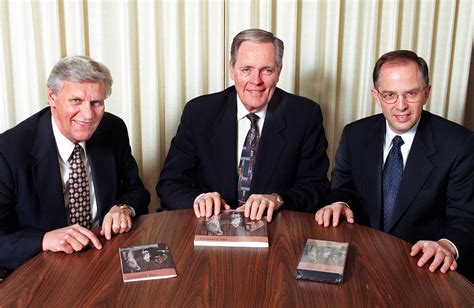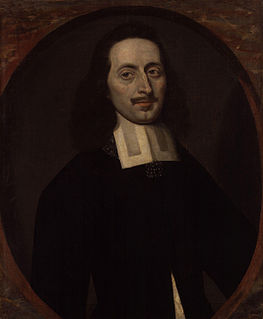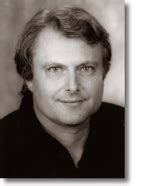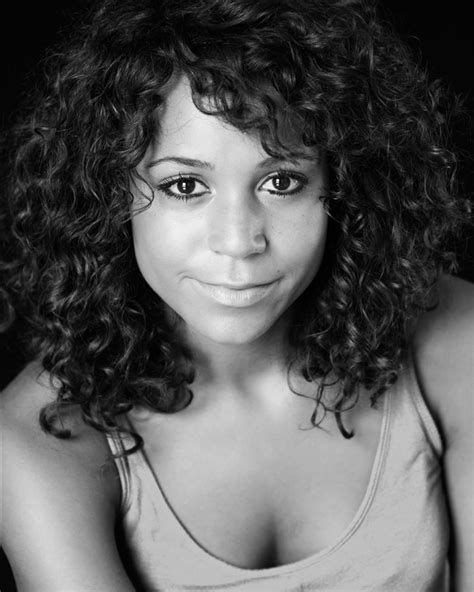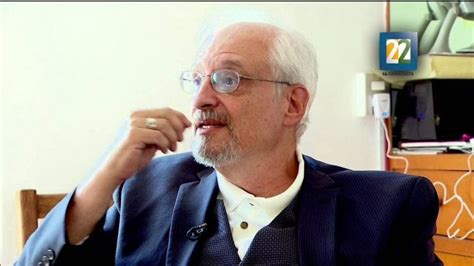A Quote by Dalai Lama
It seems to me that self confidence and the ability to stand one's ground are essential if we want to succeed in life. I am not talking of stupid self-assurance but of an awareness of our inner potential, a certainty that we can always correct our behavior, improve ourselves, enrich ourselves, and that things are never hopeless
Related Quotes
To lack confidence is to have feelings of low self-worth. We are preoccupied with our weaknesses, and we lack faith in the Lord's ability to use those weaknesses for our good. We do not understand our inestimable worth in the eyes of God, nor do we appreciate our divine potential. Ironically, both pride and a lack of self-confidence cause us to focus excessively on ourselves and to deny the power of God in our lives.
The biggest adversary in our life is ourselves. We are what we are, in a sense, because of the dominating thoughts we allow to gather in our head. All concepts of self-improvement, all actions and paths we take, relate solely to our abstract image of ourselves. Life is limited only by how we really see ourselves and feel about our being. A great deal of pure self-knowledge and inner understanding allows us to lay an all-important foundation for the structure of our life from which we can perceive and take the right avenues.
Self-respect is often mistaken for arrogance when in reality it is the opposite. When we can recognize all our good qualities as well as our faults with neutrality, we can start to appreciate ourselves as we would a dear friend and experience the comfortable inner glow of respect. To embrace the journey towards our full potential we need to become our own loving teacher and coach. Spurring ourselves on to become better human beings we develop true regard for ourselves and our life will become sacred.
Once you develop confidence in your own ability, you'll be able to make a real contribution to creating a better world. Self-confidence is very important. Not in the sense of blind pride, but as a realistic awareness of what you can do. As human beings we can transform ourselves by our good qualities and reducing our faults. Our intelligence enables us to judge what is good from what is harmful.
Lack of self-confidence is, more often than not, simple laziness. We feel confused and uncertain because we do not know. But instead of making the effort to investigate, we procrastinate and worry. We tell ourselves we can't instead of learning how we can. If we used the mental energy we expend in worry and fear to get out and find out about what we do not know, we would see our self-confidence grow. Lack of self-confidence is not overcome by faith, but by action. It is a lack, not of certainty, but of effort. Too often we are certain that we can't before we give ourselves a fair chance.
People mistake self-love for thinking they must always like what they see in the mirror - and yes, of course, that is the goal; that all depends on perspective - but my argument is that you can still have self-love while wanting to make progress or improve things. The main issue is that we attach too much to an idea of what our perfect body may be or what self-love should be. But that's the issue. There is no right or wrong. We can love ourselves and feel bloated. We can love ourselves but feel uncomfortable in our skin. We are a work in progress and human and won't always feel amazing.
With the realization of ones own potential and self-confidence in ones ability, one can build a better world. According to my own experience, self-confidence is very important. That sort of confidence is not a blind one; it is an awareness of ones own potential. On that basis, human beings can transform themselves by increasing the good qualities and reducing the negative qualities.
Central to Jungian psychology is the concept of "individuation," the process whereby a person discovers and evolves his Self, as opposed to his ego. The ego is a persona, a mask created and demanded by everyday social interaction, and, as such, it constitutes the center of our conscious life, our understanding of ourselves through the eyes of others. The Self, on the other hand, is our true center, our awareness of ourselves without outside interference, and it is developed by bringing the conscious and unconscious parts of our minds into harmony.
Awareness of the self is more acutely at the heart of things than it has ever been before. On the foundation of self-awareness alone rest all our hopes for a new politics, a new society, a revitalized life. If we do not genuinely know ourselves, the void will now, at last, surely rise up to meet us.
If we focus on our health, including our inner health, our self-esteem, and how we look at ourselves and our confidence level, we'll tend to be healthier people anyway, we'll tend to make better choices for our lives, for our bodies, we'll always be trying to learn more, and get better as time goes on.

